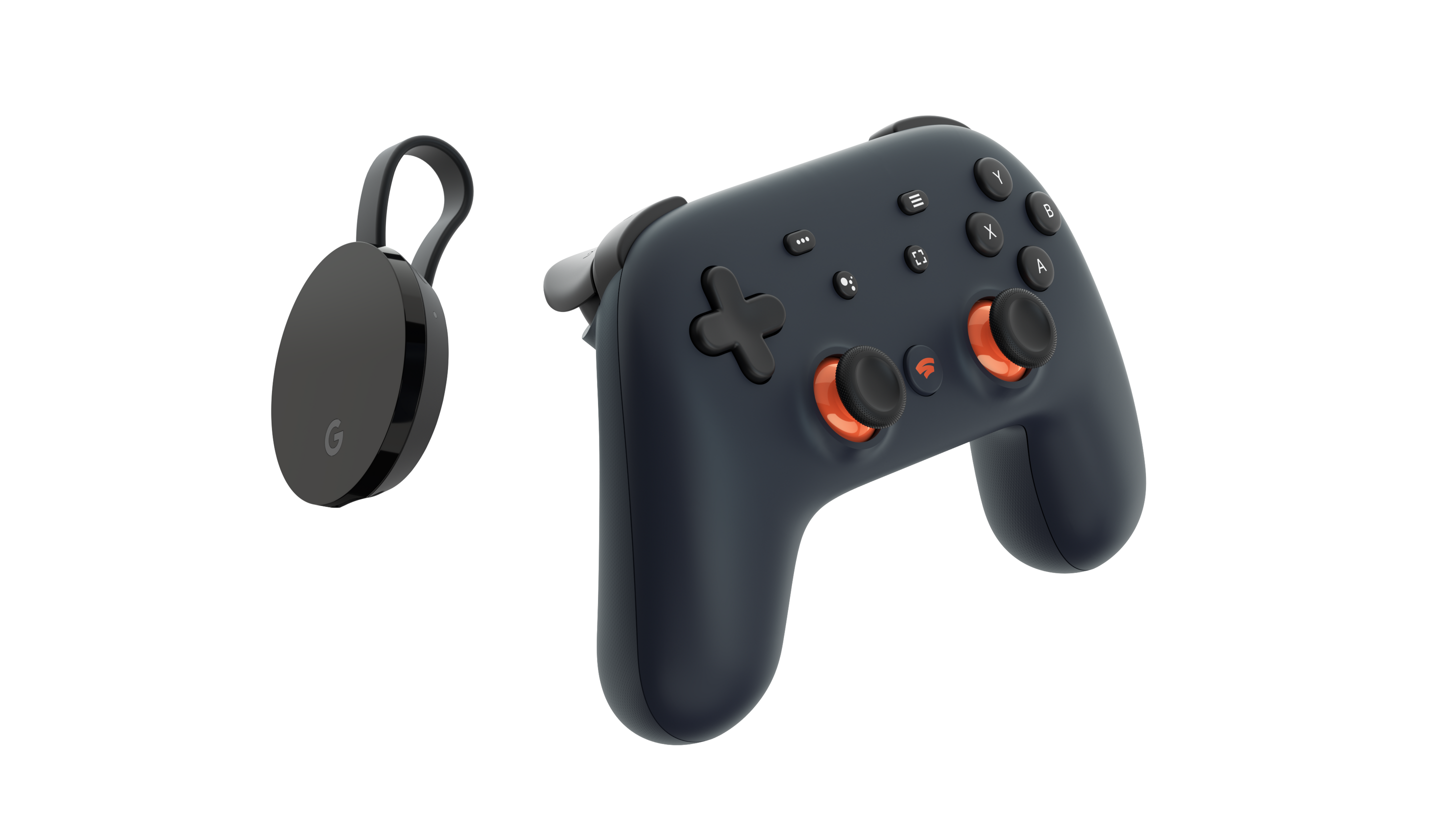So you’re wondering whether Google’s Stadia game streaming service is going to be launching here in South Africa. According to our remote reporter, Captain Obvious, South Africa’s going to be left off the initial rollout. Google Stadia, according to the search company, will be launching in November this year in fourteen countries.
The fourteen countries getting access to Google’s game streaming tech are: the States (obvs.), Canada, the UK, Ireland, Finland, France, Germany, Italy, Spain, the Netherlands, Norway, Belgium, Sweden, and Denmark. Not an African, South American, or Asian country in sight. There will be other countries added to the list, however, and those lucky folks will see the service starting up some time in 2020.
But wait, there’s more!
Even though we don’t expect to see SA included in this jolly little gathering for some time, we can at least pore over the available Stadia details. The service’s pricing is available, and we also know a fair bit more about the internet requirements. For local gamers, the news isn’t great.
 Stadia is launching with a little something called the Stadia Founder’s Edition (which costs $130/R2,000). That includes a Chromecast Ultra, a Stadia controller, three months of Stadia access, and a three-month pass for a mate. After the one-off payment runs out, a continued subscription will cost $10 a month (R155 or so). It’s just a pity that Google’s gone for as uninspiring a hardware design as they have. It’s not terrible, it’s just… generic. Bleh.
Stadia is launching with a little something called the Stadia Founder’s Edition (which costs $130/R2,000). That includes a Chromecast Ultra, a Stadia controller, three months of Stadia access, and a three-month pass for a mate. After the one-off payment runs out, a continued subscription will cost $10 a month (R155 or so). It’s just a pity that Google’s gone for as uninspiring a hardware design as they have. It’s not terrible, it’s just… generic. Bleh.
There is also a free version of the service in the offing, though that won’t be releasing in 2019. The free Base tier will be supported by game sales, letting you purchase and stream a title rather than installing it on your low-end PC. It’ll also be capped at 1080p quality for the stream. Google’s paid-for Stadia Pro subscription will offer users discounted games and the occasional free title (which falls away if you downgrade to Base). Taking cues from Microsoft Xbox and Sony PlayStation, we see.
Construct additional pylons
And then there are the internet requirements. Google has clarified what sort of connection speeds are required for Stadia and the results aren’t pretty. Particularly for a country still battling to get real internet access to its residents. Google Stadia will require a 10Mbps connection to stream in 720p, which isn’t a real shock. That’s in line with what Google told everyone in April this year, but the speeds required for 4K streaming have been revised upwards, from 30Mbps to 35Mbps. Since South Africa as a whole battles to meet the minimum requirements, it could be a while before Stadia rolls out here.
It’s got game(s)
But hey, if we do happen to get Stadia here eventually, at least there will be games. Quite a few are planned at launch and they’re all mighty big names. Polygon compiled the list into one long, alphabetical column that we’re reproducing that here for your convenience. All in all, it reads like a greatest hits of gaming. Yes, we’re including Farming Simulator 19 on the list as well.
- Assassin’s Creed Odyssey – Ubisoft
- Baldur’s Gate 3 – Larian Studios
- Borderlands 3 – 2K
- The Crew 2 – Ubisoft
- Darksiders Genesis – THQ Nordic
- Destiny 2 – Bungie
- Doom – Bethesda Softworks
- Doom Eternal – Bethesda Softworks
- Dragon Ball Xenoverse 2 – Bandai Namco
- The Elder Scrolls Online – Bethesda Softworks
- Farming Simulator 19 – Giants Software
- Final Fantasy 15 – Square Enix
- Football Manager – Sega
- Get Packed – Coatsink
- GRID – Codemasters
- Gylt – Tequila Works
- Just Dance – Ubisoft
- Metro Exodus – Deep Silver
- Mortal Kombat 11 – Warner Bros. Interactive Entertainment
- NBA 2K – 2K
- Power Rangers: Battle for the Grid – nWay Games
- Rage 2 – Bethesda Softworks
- Rise of the Tomb Raider – Square Enix
- Samurai Shodown – SNK
- Shadow of the Tomb Raider – Square Enix
- Tom Clancy’s Ghost Recon Breakpoint – Ubisoft
- Tom Clancy’s The Division 2 – Ubisoft
- Tomb Raider Definitive Edition – Square Enix
- Thumper – Drool
- Trials Rising – Ubisoft
- Wolfenstein: Youngblood – Bethesda Softworks
Source: Google (site not locally available) via Ars Technica




